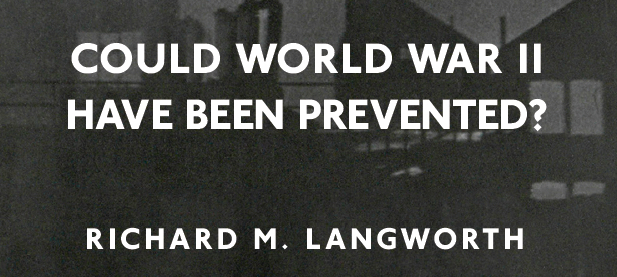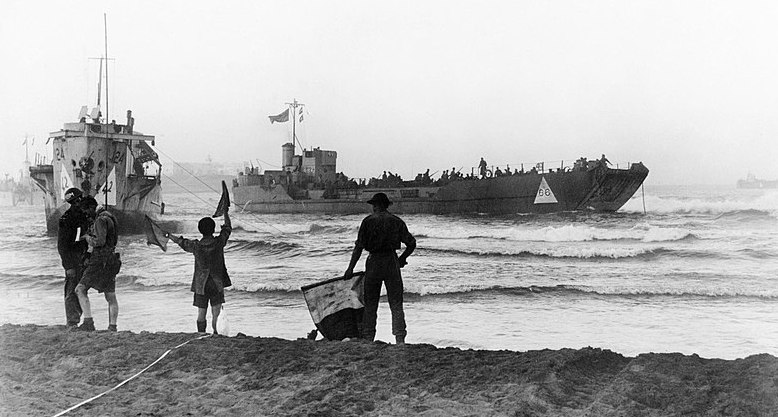


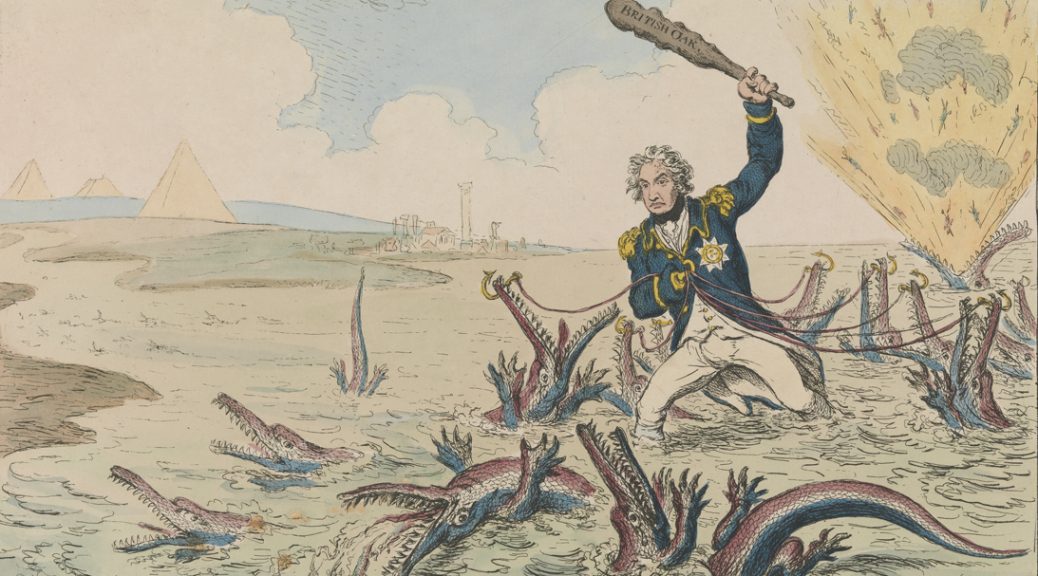
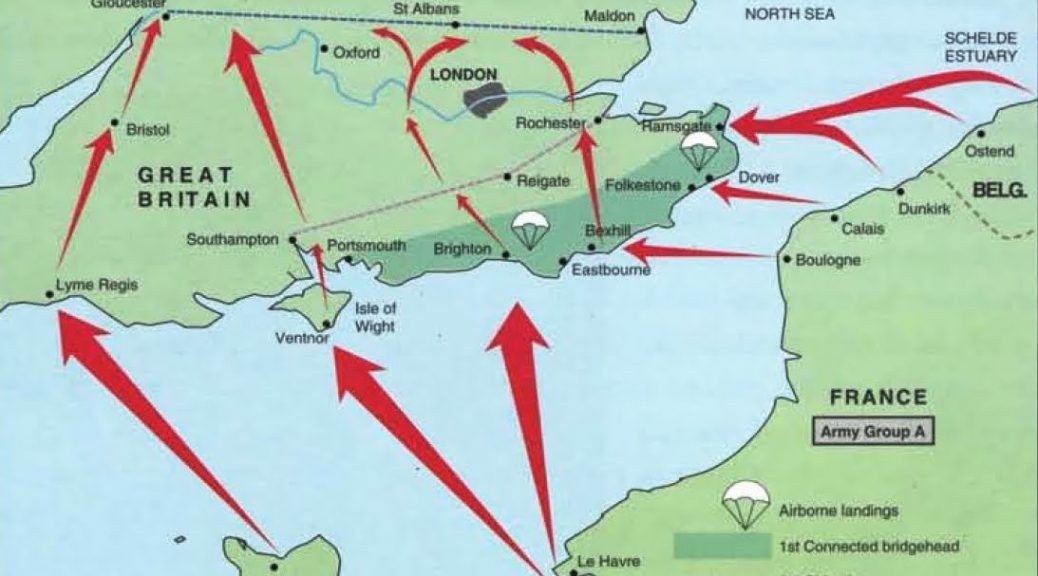
“Would the Royal Family and Chrchill Evacuate?” is excerpted from an article for the Hillsdale College Churchill Project. For the original text with endnotes, please click here.
Q: Evacuate the Royals?I am arguing with a person in another forum that there was a plan in the Second World War to evacuate Churchill and the Royal Family to Canada if the Nazis invaded. I believe it was called Operation Coates, but the reference I found doesn’t mention Churchill.
Churchill doesn’t seem like the sort of person to evacuate. At Sidney Street he was in the front line.…

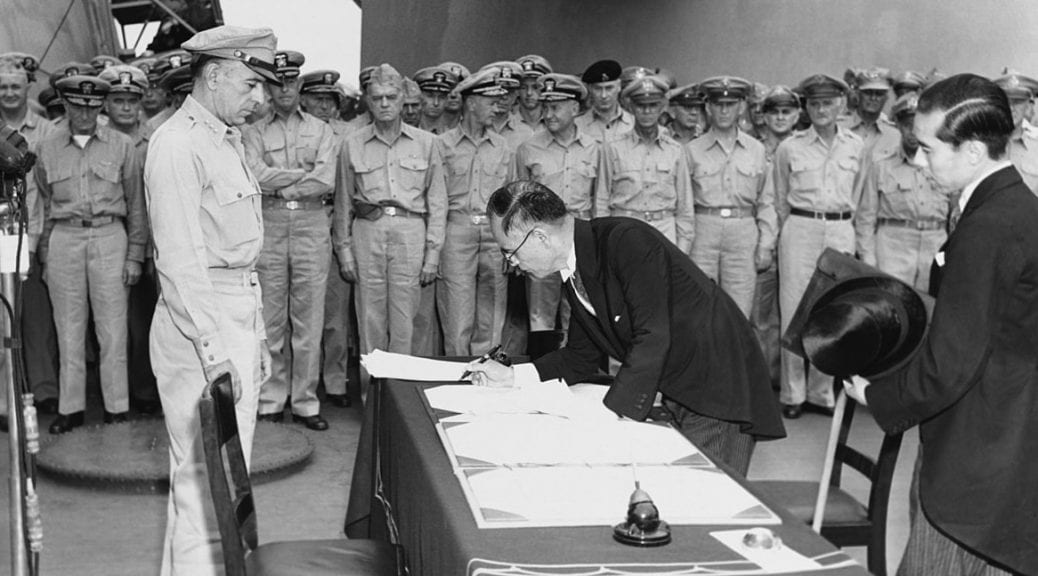
Churchill was criticized for his extremely respectful letter to the Japanese Ambassador to Britain in December 1941, when informing him that their countries were at war. Churchill’s response to critics was, “After all, when you have to kill a man it costs nothing to be polite.” Was Shigemitsu acually killed? —W.H., New York
A: No, he lived onChurchill was writing in the abstract, so did not actually propose to slay the Ambassador. Mamoru Shigemitsu was Japanese ambassador to the Soviet Union 1936–38 and to Britain 1938–41. Following Japan’s attacks of December 1941 he received unhampered passage home.…
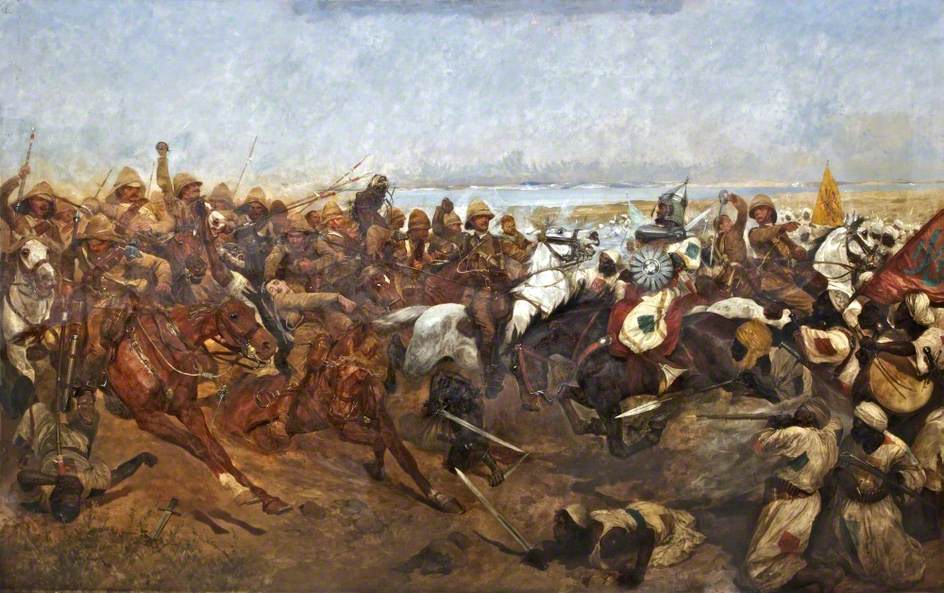
“Three Outstanding War Books” is Excerpted from an essay for the Hillsdale College Churchill Project. Why settle for the excerpt when you can read the whole thing full-strength? Click here.
Better yet, join 60,000 readers of Hillsdale essays by the world’s best Churchill historians by subscribing. You will receive regular notices (“Weekly Winstons”) of new articles as published. Simply visit https://winstonchurchill.hillsdale.edu/, scroll to bottom, and fill in your email in the box entitled “Stay in touch with us.” (Your email remains strictly private and is never sold to purveyors, salespersons, auction houses, or Things that go Bump in the Night.)…

